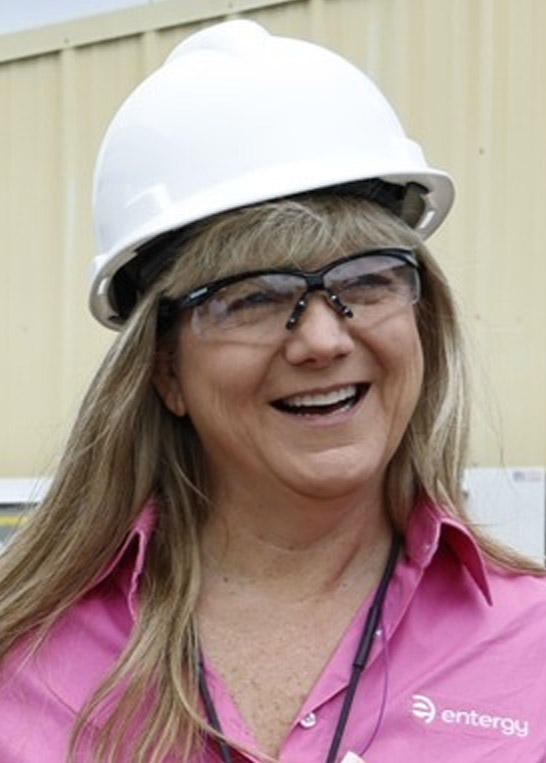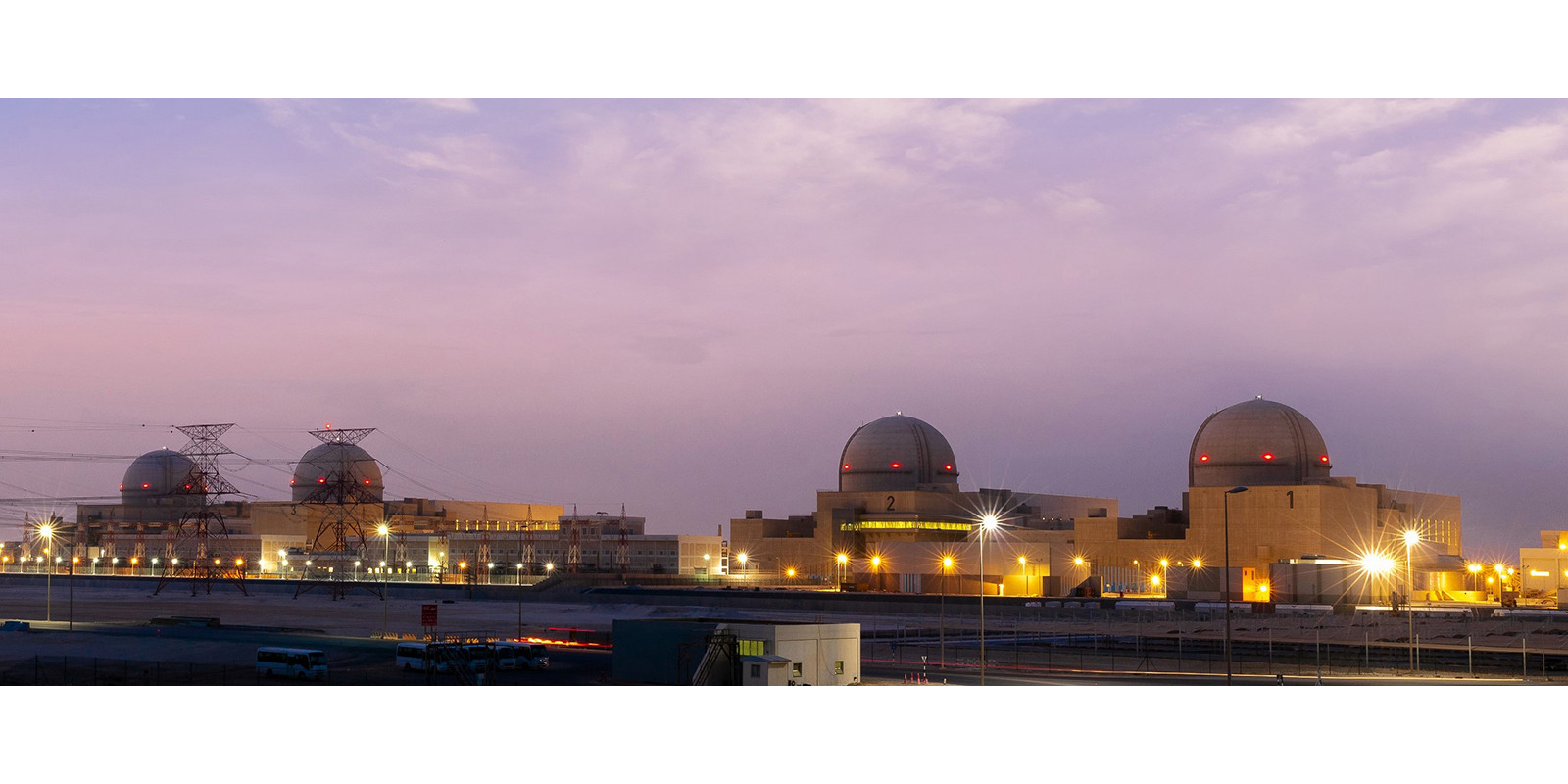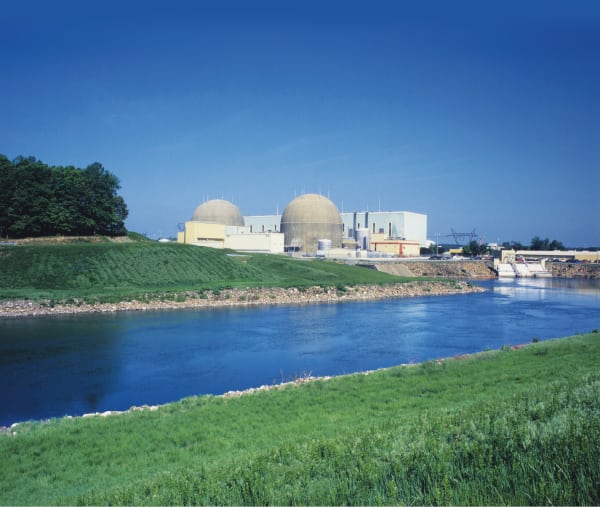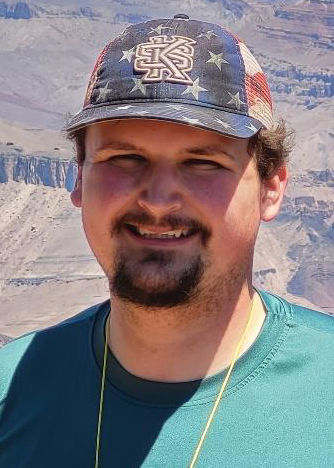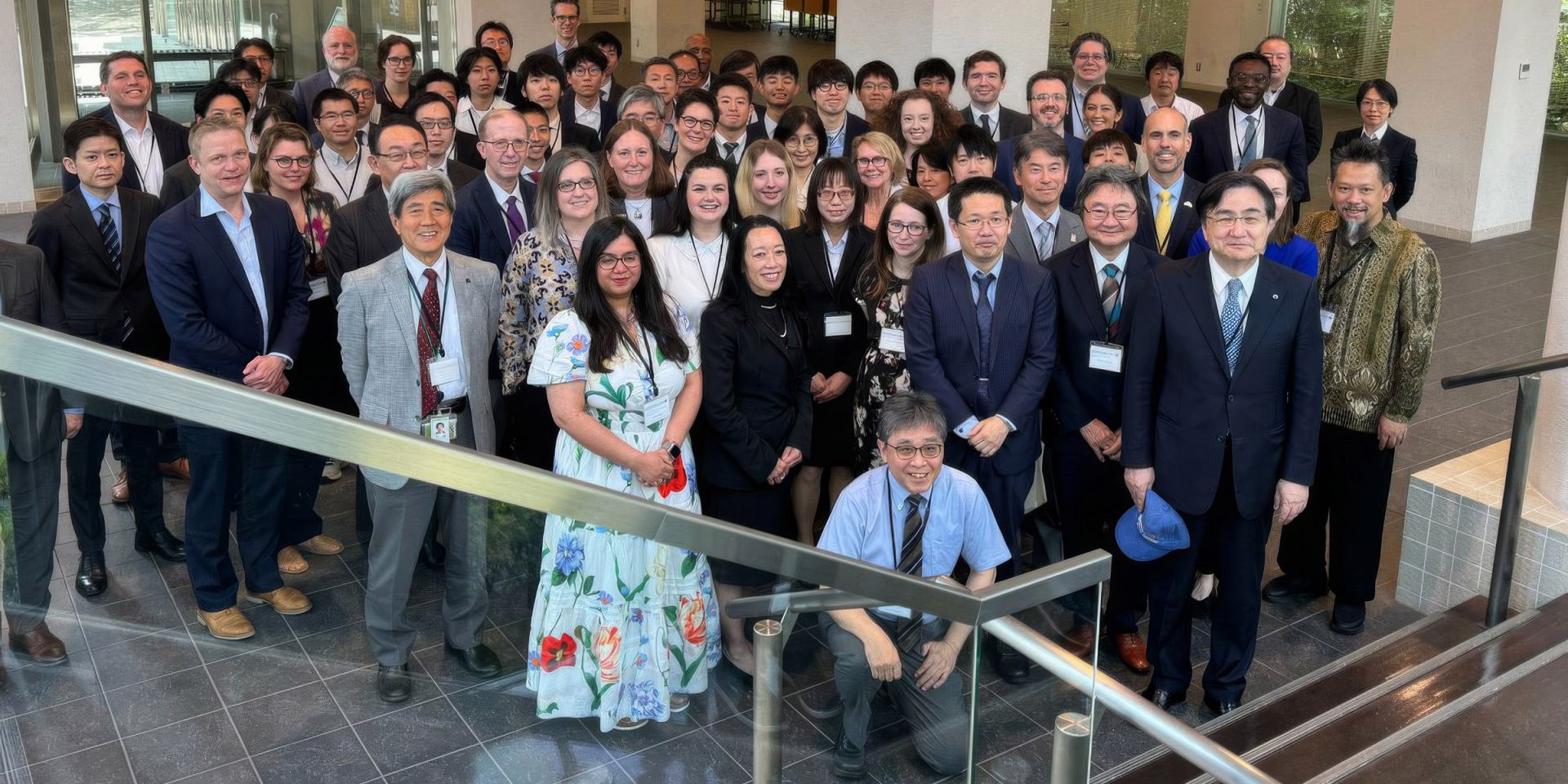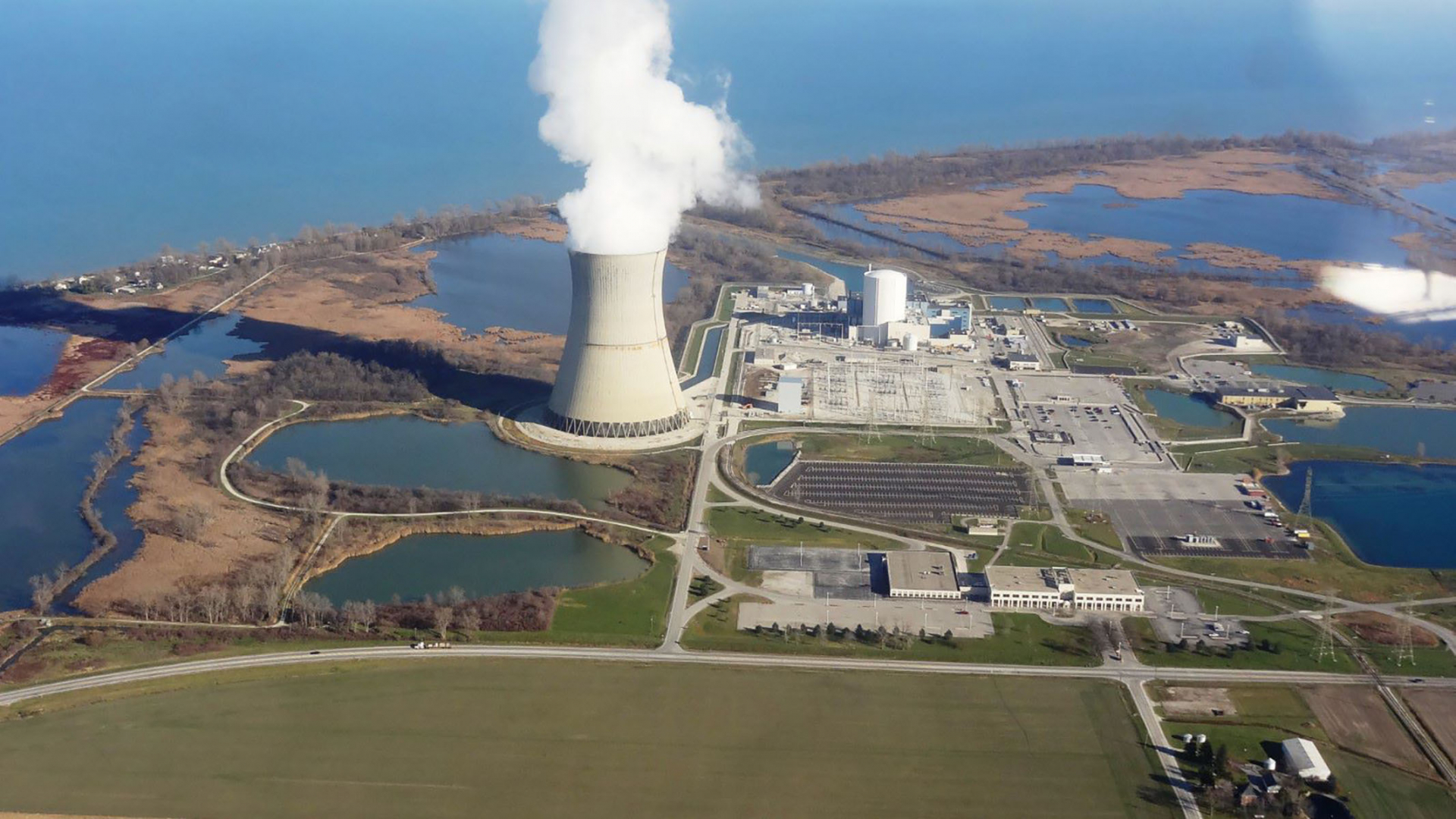A milestone for the largest decarbonization program in the Arab region
The Barakah nuclear power plant (Photo: Emirates Nuclear Energy Corporation)
The Emirates Nuclear Energy Corporation announced today a milestone for the United Arab Emirates with the fourth unit of the Barakah nuclear power plant entering commercial operation.
Tennessee officials and lawmakers joined Orano representatives to announce Orano’s selection of Oak Ridge as its preferred site for a uranium enrichment facility. (Photo: tn.gov)
On September 4, Tennessee Gov. Bill Lee announced that Orano had selected Oak Ridge as its preferred site to build a “multibillion-dollar” uranium centrifuge enrichment facility. For Tennessee, the announcement underscores Oak Ridge’s draw for nuclear technology companies. For Orano and the nuclear power community, the announcement is another sign the nation is edging closer to adding front-end nuclear fuel cycle capacity.
The North Anna nuclear power plant. (Photo: Dominion)
Dominion Energy’s North Anna nuclear power plant received its second operating license renewal earlier this week, the U.S. Nuclear Regulatory Commission announced.
North Anna Units 1 and 2 are twin 973-MWe three-loop Westinghouse pressurized water reactors located about 40 miles northwest of Richmond, Va. Unit 1’s operating license will now expire April 1, 2058, and Unit 2’s will expire August 21, 2060.
The 10-member team that collaborated to survey sediments in Kenya’s Kilindini Harbor. (Photo: IAEA)
Kilindini Harbor in Mombasa, Kenya, is East Africa’s largest international seaport. But rapid development of the Kenyan coastal zone is changing sediment distribution and dispersal patterns in the region, and shifting sediment poses safety and efficiency risks to ships in the harbor. With help from the International Atomic Energy Agency, a team of researchers from Kenya and South Africa has deployed a unique system to measure natural radionuclides in beach and aquatic sediments and map sediment transportation in the region. The IAEA described the mission in a photo essay published August 21.
Tohoku University’s Sakura Hall was the site of a workshop coffee break and photo op. (All photos: University of Michigan/Tohoku University)
Tohoku University in Sendai, Japan, was the site of an advanced nuclear reactor workshop in late May that was hosted by the Fastest Path to Zero Initiative of the University of Michigan and Tohoku’s Center for Fundamental Research on Nuclear Decommissioning. The event was co-organized by the U.S. Consulate in Sapporo, Japan, and the Atlantic Council, which is associated with the North Atlantic Treaty Organization. The workshop, “The Potential Contribution of Advanced Nuclear Energy Technologies to the Decarbonization and Economic Development of Japan and the U.S.,” featured numerous American and Japanese academic authorities, government policymakers, executives of utilities and advanced reactor developers, and leaders of nongovernmental organizations. Also participating were students from both the University of Michigan and Tohoku University.
The Davis-Besse nuclear power plant. (Photo: IAEA)
The Nuclear Regulatory Commission will discuss the Davis-Besse nuclear power plant safety performance last year in a public meeting this Thursday, August 29.
